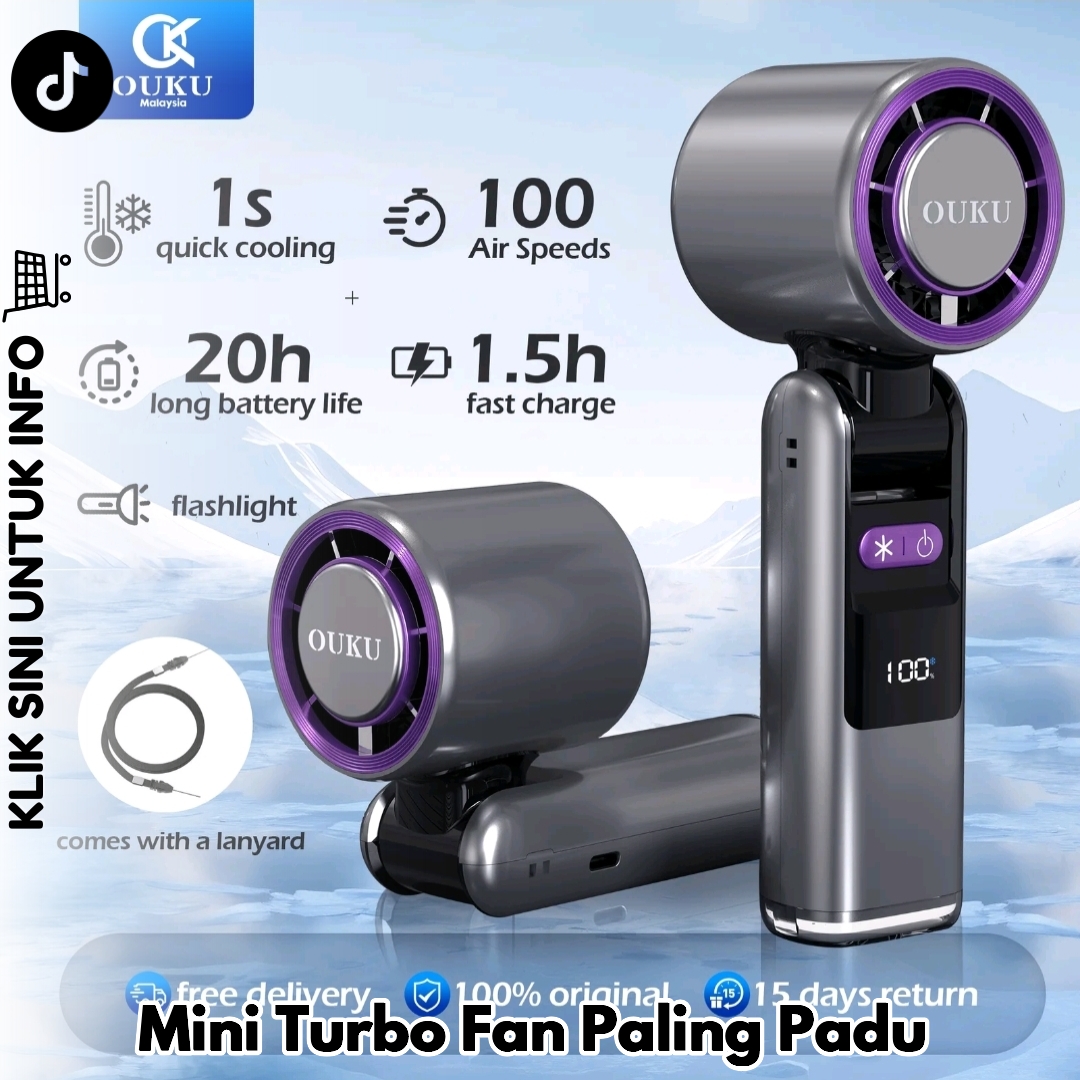Health
Top 4 Best Ways That Physicians in Nursing Practice Are Changing the Industry

Physicians – The healthcare sector relies on professionals to achieve its patient-focused objectives. In the past, only doctors were on the front lines of providing excellent patient care and maintaining the healthcare industry’s health. But as the population grew and more professionals were needed, nurses started taking on more leadership roles, allowing them to consistently rule the medical field.
You can quickly rise to the top of the medical hierarchy with the assistance of a Doctor of Nursing Practice and change the way medical departments manage patient care. A final degree in nursing can make the healthcare industry more innovative in the following ways.
1. Expand your leadership experience:
To be a leader, you must impart your knowledge and abilities to medical staff to maintain their cohesiveness and direct them in providing the best possible care. As a medical caretaker, you can turn into a forerunner in a matter of seconds by surveying the Postmaster DNP program on the web and picking the most ideal choice for proficient development. You will be an excellent candidate for a variety of leadership positions thanks to the skills and information you acquire.
As the Director of Nursing, for instance, he will be responsible for a wide range of administrative duties, including achieving daily operational goals. He also has the option of becoming a director of nursing and contributing importantly to the nursing department. Hands-on work tests your relational abilities and comprehension of innovation, which are fundamental for growing long-haul emergency clinic objectives and deciding the motivation behind a medical care division serving enormous quantities of individuals. Good leaders make hospitals thrive and ensure that medical procedures are strictly followed.
2. Construct a culture of ideal consideration:
A good DNP degree fosters a culture that focuses on solid ways of life. Outside of the hospital, you can apply your skills and knowledge by bringing your experience to large businesses and organizations where employees frequently experience health issues. Visits to these offices can lead organizations to urge representatives to have month-to-month health checks, bring issues to light of working environment wounds, and give nutritionists to urge representatives to foster better propensities.
You can collaborate with patients to provide highly individualized care back at the hospital. Most states, like The Frozen North and Idaho, permit DNP experts to work without clinical management. You won’t have to go to the doctor to see the results if you work in these states because you can diagnose patients, order tests, and direct the right course of treatment. Skin cancer screenings and other workplace health exams may also be carried out. Obesity and other diseases brought on by poor decisions, like diabetes, can be treated with this.
In a similar vein, it looks at complicated health issues like congenital heart disease, investigates the disease, looks at how bad it is, and provides the necessary care, like getting a child ready for wheelchair surgery and taking care of them afterward. How it’s done. You can therefore handle everything, from routine checkups for a patient to helping an organization care for an employee to resolving a complicated medical problem.
3. Create a policy for patient support:
When they go in for a checkup, they need a strong advocate who can meet all their needs safely and reliably. DNP specialists know where patients experience discomfort during treatment and where medical facilities are lacking.
Employing more bilingual staff to assist patients who speak multiple languages and encouraging employees to learn new languages are examples of these policies. Make sure to instruct your team on how to communicate with the patient in straightforward language without making the diagnosis more complicated.
Make sure the patient knows what insurance options are available to them and how the hospital can assist patients who are unable to pay in full after speaking with the director of the hospital. Additionally, this policy may include the creation of straightforward admission and discharge procedures with fewer paper steps and more automated data entry. It can also show how nurses and doctors form implicit biases to show political biases and stereotypes that prevent patients from getting the right care.
4. Integration of technology:
Healthcare is no exception to the rule when it comes to business success. Without technological advancements in the health system, hospitals cannot function. Our willingness to embrace technology in our hospitals and train our staff to adapt to it is essential to achieving our patients’ objectives as DNP professionals. Artificial intelligence and blockchain can be used to automate HIPAA-compliant data entry without causing data breaches by accident. Consequently, a patient can quickly and easily access a digital record whenever she requires a test and begin her work.
Patient monitoring is now automated thanks to technology. Therefore, automated infusion pumps and smart beds can be utilized rather than multiple rounds to ensure that the patient’s vital signs, weight, and required medication dose are accurate. Patients are also shielded from injury by the smart bed.
Conclusion:
In the medical field, nurses and doctors are trailblazers. You become an essential part of the medical field because you decide to pursue a terminal degree. You can make a difference in this multibillion-dollar industry because you have advanced degrees that equip you with the knowledge and abilities necessary to succeed. You can rethink your leadership role and assume authority over public policy as a DNP.
With your insight, you could be taken external the medical clinic to regions where representatives reside in destitution, and you could overburden the medical care industry if ideal help isn’t given. We can independently collaborate with patients to provide primary care at the same time. Patients can also begin to rely on your patient policies and seek your support. Hospitals can benefit from the capacity to adapt to technological advancements, which can help them provide the best possible care to patients.
-

 Entertainment2 years ago
Entertainment2 years ago“Haha aku terhibur la tengok Aqish tu, banyak makan gula ni” – Netizen
-

 Entertainment2 years ago
Entertainment2 years ago“Selamat pengantin baru Sherry, tak jemput pun” – Netizen
-

 Entertainment2 years ago
Entertainment2 years ago“Satu family kena gula2 ke camne ni hahaha” – Netizen
-

 Entertainment2 years ago
Entertainment2 years ago“Sherry memang yg kawan baik, kawan jtuh gelak dulu baru tolong hahaha” – Netizen
-

 Entertainment7 months ago
Entertainment7 months ago“Arwah adik saya memang tak pernah jumpa Wani, Kami kenal Wani pun masa dia dah takde” – Kakak Mustaqim
-

 Entertainment2 years ago
Entertainment2 years ago“Anisha sangat elegan, dia selalu tersenyum” – Netizen
-

 Entertainment2 years ago
Entertainment2 years ago“Kakak Ameerah Bolkiah, happy birthday, miss you” – Anak Azrinaz Mazhar Hakim
-

 Entertainment2 years ago
Entertainment2 years ago“Dah berumur pun cantik, macam Amy Mastura” – Netizen

